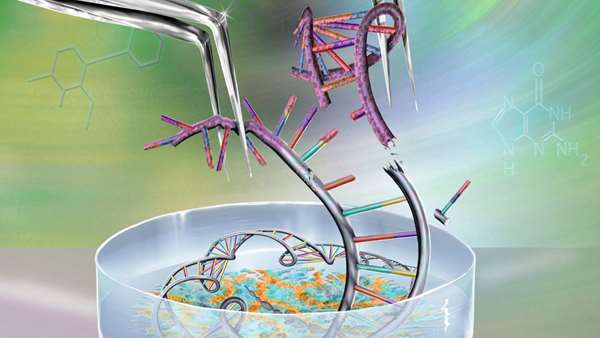New methods to develop novel antibiotics are desperately needed. Now, researchers have developed a way to manipulate key assembly line enzymes in bacteria, using CRISPR-Cas9 gene editing, which could pave the way to production of a new generation of complex antibiotics. Re-engineering biosynthetic assembly lines, including nonribosomal peptide synthetases (NRPS) and related megasynthase enzymes, may offer a powerful new route to develop future medicines to combat antimicrobial resistance.
This work is published in Nature Communications in the paper, “Gene editing enables rapid engineering of complex antibiotic assembly lines.”
“The emergence of antibiotic-resistant pathogens is one of the biggest threats we face today,” noted Jason Micklefield, PhD, professor of chemical biology at the Manchester Institute of Biotechnology in the U.K. He continued, “The gene-editing approach we developed is a very efficient and rapid way to engineer complex assembly line enzymes that can produce new antibiotic structures with potentially improved properties.”
The U.K. government suggests that antimicrobial resistance (AMR) infections are estimated to cause 700,000 deaths each year globally and are predicted to rise to 10 million, costing the global economy $100 trillion, by 2050. AMR also threatens many of the UN’s Sustainable Development Goals (SDGs), with an extra 28 million people that could be forced into extreme poverty by 2050 unless AMR is contained.
The new paper describes how CRISPR-Cas9 gene editing can be used to create new NRPS enzymes that deliver clinically important antibiotics. More specifically, how CRISPR-Cas9 gene editing can be exploited to rapidly engineer one of the most complex megasynthase assembly lines in nature—the 2.0 MDa NRPS enzymes that deliver the lipopeptide antibiotic enduracidin.
https://www.genengnews.com/news/crispr-engineers-a-new-path-for-antibiotic-production




ارسال به دوستان